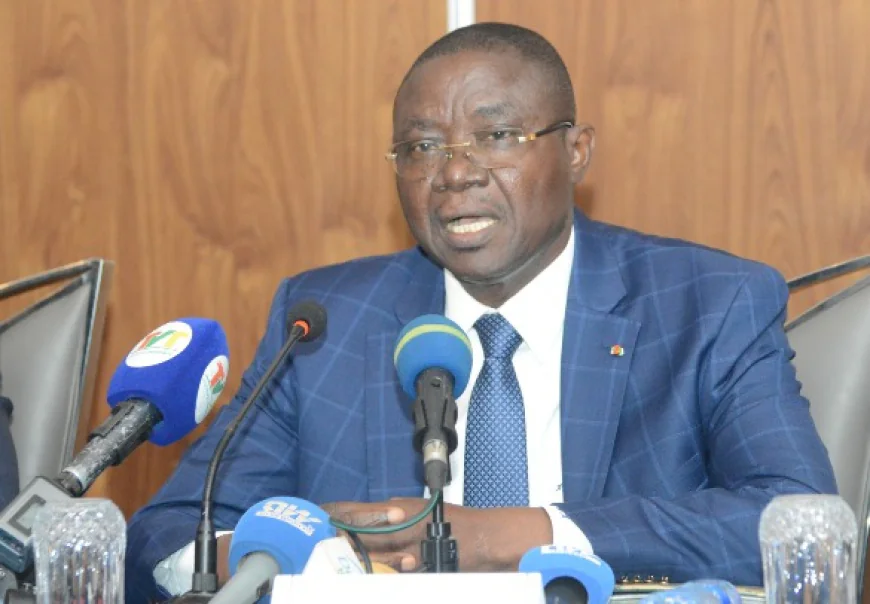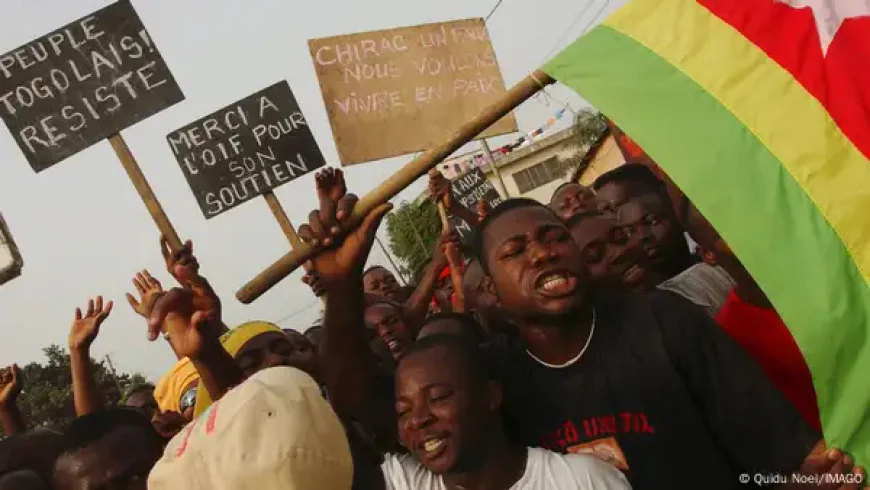Togo Issues Arrest Warrants for M66 Protest Leaders Abroad
Authorities Accuse Activists of Subversion Amid Rising Anti-Government Sentiment

The government of Togo has issued international arrest warrants for key leaders of the M66 Citizens’ Movement, a coalition of bloggers and activists behind a series of major protests held in June 2025. The warrants were confirmed at a press briefing in Lomé on Wednesday, July 9, as authorities intensify efforts to clamp down on dissent.

The M66 movement, whose members reportedly reside abroad, organised demonstrations on June 6, 26, 27, and 28 in protest against worsening living conditions, the arrest of public commentators, and recent constitutional reforms that have shifted Togo from a presidential to a parliamentary system. Protesters also called for the resignation of long-serving President Faure Gnassingbé, who now heads the Council of Ministers under the new political structure.
Togo’s Minister for Security, Calixte Madjoulba, warned that the government would pursue the organisers wherever they may be. “Rest assured, investigations are ongoing. Arrest warrants have been issued. The countries where these individuals reside are urged to cooperate. Wherever they are, we will pursue them,” he stated firmly.
Minister of Territorial Administration, Colonel Hodabalo Anate, went further to describe the protests as "acts of subversion" and equated them with terrorism. “It is terrorism when you invite citizens to engage in gratuitous violence,” he said, arguing that unauthorised protests cannot be considered legitimate democratic action.
Despite the crackdown and recent restrictions on social media platforms, opposition to the government appears to be mounting. The M66 movement has announced fresh demonstrations for July 16 and 17, ahead of the country’s scheduled local elections on July 17 — elections that the government insists will proceed despite opposition demands for a postponement.
Political observers say the arrest warrants reflect a broader attempt by the state to suppress dissent and silence youth-led activism. “Rather than initiating dialogue with actors across the socio-political landscape, particularly the youth-led movements, the authorities are opting for suppression,” said Kao Atcholli, President of the Association of Torture Victims of Togo.
Civil society groups have reported at least seven deaths and numerous arrests during the June protests, which were met with force by security agencies. In response to public outrage, the government has launched a judicial inquiry into the deaths, but critics remain sceptical about the independence and transparency of the process.


